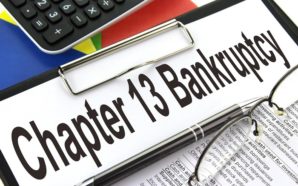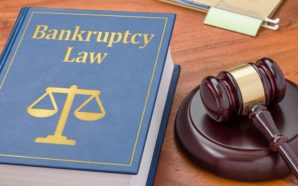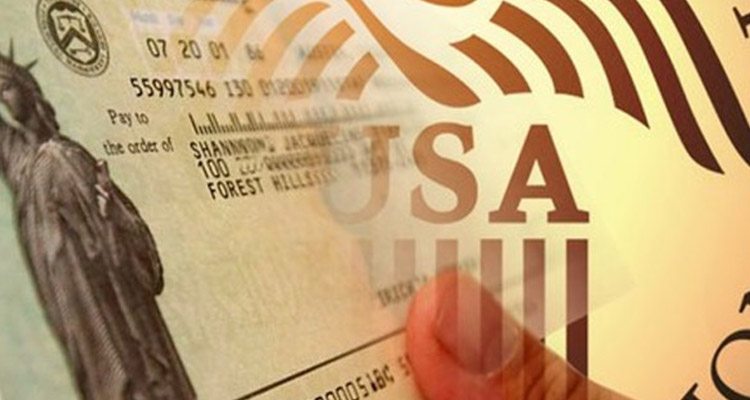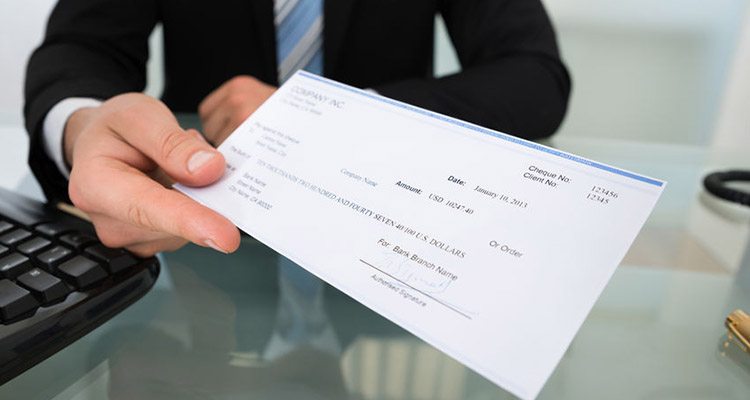How long will a bankruptcy stay on your credit report?
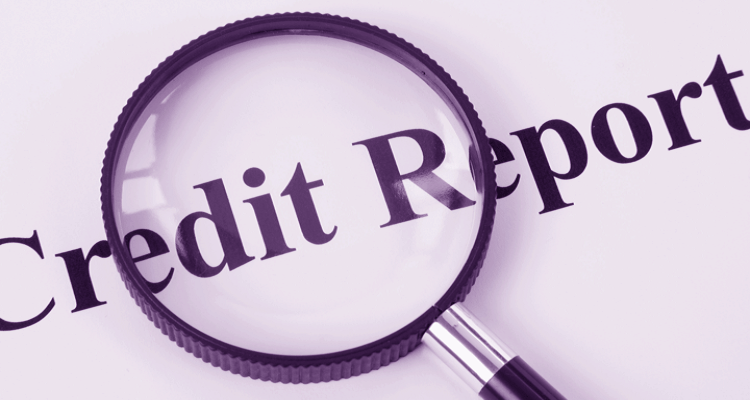
When you file for bankruptcy, it is not a private affair. The information is sent to all credit agencies and will reflect on all your credit reports. You credit score is impacted severely – you can lose as much 200 points off your credit rating due to a bankruptcy. So the first question is how long will a bankruptcy stay on your credit report.
How long does a bankruptcy stay on your credit report?
Luckily, a bankruptcy does not stay on your file forever. However, the time the information stays will depend on the type of bankruptcy you filed for.
If you filed for Chapter 7, then your bankruptcy stays on record up to 10 years after you complete the proceeding.
If you filed for Chapter 11, then your records will show that bankruptcy up to 10 years after the proceedings were completed.
If you filed for Chapter 13, then your bankruptcy will be removed from credit records after a period of 7 years of having completed the process.
If, however, it was a non-discharged or dismissed Chapter 13 bankruptcy, then the record will be in your credit history for 10 years.
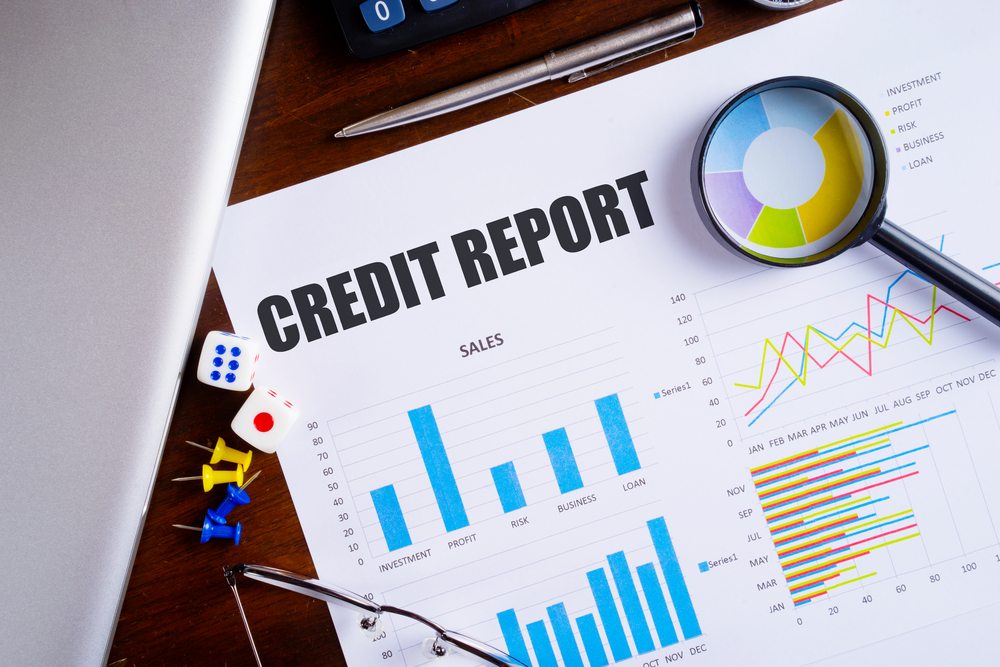
Who sends information to the credit reporting agency?
All information – whether positive or negative – is distributed to credit reporting agencies through the following channels:
- Lenders who gave you credit
- Public records
- Collection Agencies
- Federal Courts
Credit reporting agencies simply collect and compile this information and list it in your credit report.
Bankruptcy and future borrowing
When you go through bankruptcy proceedings, all lenders are put on notice. This means that it will be more difficult to get a loan or a credit card approved, and if you do, then the interest you will be charged will be much higher than the norm. Lenders see this as payment to them for the extra risk they are taking by giving you credit.
In fact, the time after a bankruptcy is discharged you are debt free. Additionally, since you cannot re-apply for bankruptcy for many years to come, there is a reduced risk of lenders’ accounts being lost in another bankruptcy discharge. Thus, while you might be charged higher interest rates for a period of time, you can still borrow money or apply for a credit card.
How to reduce the impact of a bankruptcy on your credit rating
Here are a few simple steps to help you reduce the impact of a bankruptcy on your credit rating:
- Use your credit card minimally – just enough to keep your account open.
- Never have more than 30% of your credit limit on your credit card account.
- Better still, try and maintain a zero balance on your credit card.
- After a year, apply for a card with a higher credit limit and follow the first three steps again. Repeat.
Remember, over time, the impact of a bankruptcy on your credit rating will reduce – if you prove you are now a responsible borrower.



